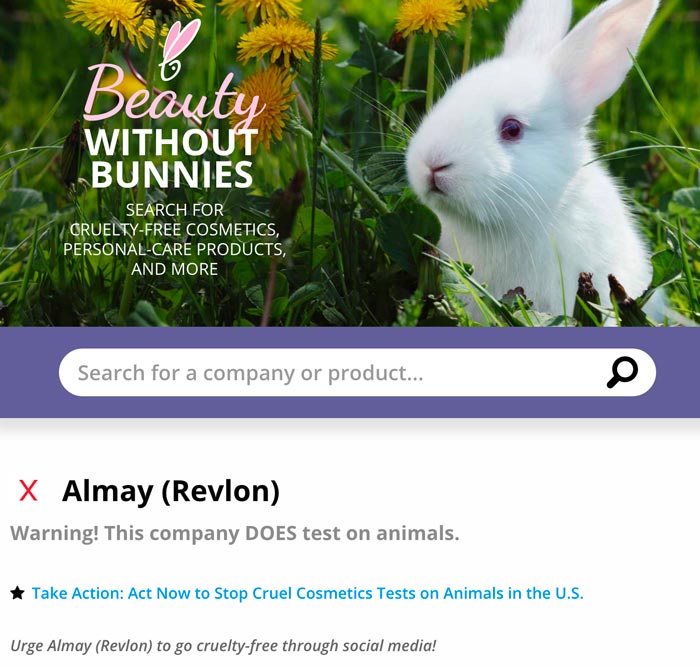Lately, the conversation surrounding cruelty-free cosmetics has escalated, reflecting a societal shift towards more ethical consumption. Consumers increasingly seek products that align with their values, particularly in the realm of animal testing. One brand of interest in this dialogue is Almay. But is Almay truly cruelty-free, or does the company engage in animal testing as part of their product development? This article aims to explore the complexities and realities of Almay’s practices regarding animal testing.
Initially established in 1931, Almay has cultivated an image centered on being a hypoallergenic makeup brand. Their branding emphasizes gentleness and skin compatibility, targeting consumers with sensitive skin. However, the existing claim of being cruelty-free needs more scrutiny. To understand this, it is essential to break down what being “cruelty-free” genuinely entails.
The term “cruelty-free” typically denotes a commitment by a brand to abstain from testing their products on animals throughout the entire production process. This includes avoiding testing raw ingredients as well as finished products on animals. Furthermore, many consumers interpret cruelty-free to mean that the brand must not be involved in any form of animal testing, including that mandated by law in certain countries.
To navigate these assertions, it is critical to understand the regulatory landscape that impacts cosmetic testing. Legislation varies across countries. For instance, in the European Union, animal testing for cosmetics has been banned since 2013. Conversely, China mandates animal testing for many imported cosmetics, complicating matters for brands that wish to enter that market.
As of now, Almay products are sold in various international markets, which raises questions regarding their testing practices. While they do advertise as cruelty-free in the United States, this commitment becomes murky when considering their distribution in countries like China. If Almay were to sell their products within jurisdictions where animal testing is a legal requirement, they would inevitably face pressure to comply.
Many consumers might wonder if a brand can genuinely claim to be cruelty-free while operating in countries that demand animal testing. This dilemma is often amplified by the policies of multinational corporations. In some cases, brands owned by larger parent companies may not conform to the same ethical standards. Almay is owned by Revlon, a company known to have faced scrutiny regarding its animal testing practices. Such affiliations can significantly tarnish a brand’s cruelty-free status, raising pertinent questions regarding transparency.
It is also vital to consider third-party certifications that designate a product as cruelty-free. Organizations like Leaping Bunny and PETA maintain rigorous criteria for a brand to qualify as cruelty-free. Brands must undergo thorough audits and demonstrate their commitment to non-animal testing practices. Unfortunately, Almay does not possess the Leaping Bunny certification, which diminishes its credibility in terms of cruelty-free practices. This lack of certification may lead potential buyers to question their claims, prompting many to reconsider before purchasing.
Beyond the legal and corporate landscape, consumer sentiment increasingly leans towards transparency and ethical sourcing. Shoppers today not only seek products that do not contain harmful chemicals but also those that uphold animal rights. In this light, brands that lack clarity on their animal testing policies risk alienating a significant and growing demographic concerned with ethical consumerism.
One crucial aspect is the difference between willing representation and honest engagement with fans. Some brands engage in selective marketing, emphasizing cruelty-free messages while simultaneously navigating the complexities of international law. Thus, brands like Almay may find themselves in an ethical gray area that warrants cautious scrutiny from consumers intent on advocating for animal rights.
The consumer’s right to demand clear, unambiguous information is paramount in the beauty industry. The marketplace is inundated with choices and myriad claims; therefore, consumers must educate themselves about brands’ policies and practices. Information regarding Almay’s stance necessitates a broader conversation about the importance of advocacy surrounding cruelty-free cosmetics. Advocacy not only requires transparency from brands but also consumers pushing for accountability and ethical operations.
To that end, consumers can find themselves wrestling with a dilemma: Should they continue to support a brand that affiliates with an animal-testing conglomerate? Is it ethical to purchase from a company that markets itself as cruelty-free while potentially compromising those values in certain markets? Ultimately, these questions do not have definitive answers and vary from individual to individual based on personal principles.
In conclusion, the determination of whether Almay is genuinely cruelty-free requires meticulous examination of their practices, the legal frameworks in which they operate, and their affiliations with larger corporations. It highlights a significant need for consumers in today’s ethical landscape to demand higher standards and transparency from those they support. Thorough awareness and responsible choices can wield influence, steering the cosmetic industry toward a more humane future. Only time will tell if Almay can align its brand values with its business practices, but for now, questions remain about its commitment to promoting cruelty-free beauty.








